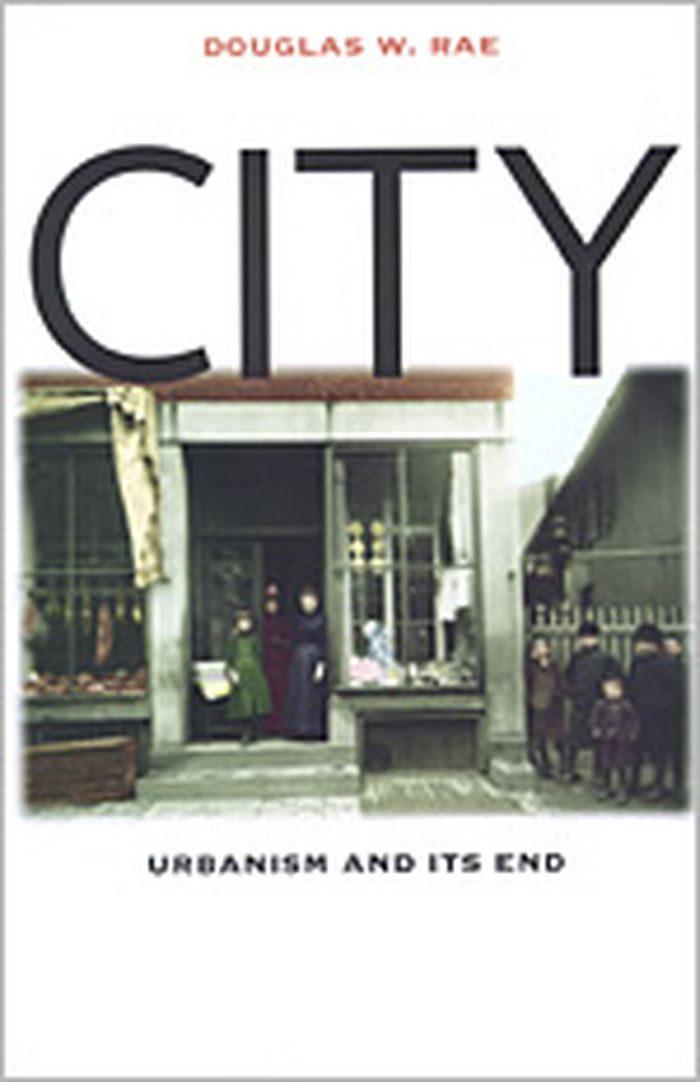City : urbanism and its end
$44.95
(disponible sur commande)
Résumé:
A new understanding of the modern city, its challenges, and why old ideas about urban renewal won’t work. "City : urbanism and its end" begins with a richly textured portrait of New Haven in the early twentieth century, a period of centralized manufacturing, civic vitality, and mixed-use neighborhoods. As social and economic conditions changed, the city confronted its(...)
City : urbanism and its end
Actions:
Prix:
$44.95
(disponible sur commande)
Résumé:
A new understanding of the modern city, its challenges, and why old ideas about urban renewal won’t work. "City : urbanism and its end" begins with a richly textured portrait of New Haven in the early twentieth century, a period of centralized manufacturing, civic vitality, and mixed-use neighborhoods. As social and economic conditions changed, the city confronted its end of urbanism first during the Depression, and then very aggressively during the mayoral reign of Richard C. Lee (1954–70), when New Haven led the nation in urban renewal spending. But government spending has repeatedly failed to restore urban vitality. Rae argues that strategies for the urban future should focus on nurturing the unplanned civic engagements that make mixed-use city life so appealing and so civilized. Cities need not reach their old peaks of population, or look like thriving suburbs, to be once again splendid places for human beings to live and work.
Théorie de l’urbanisme
